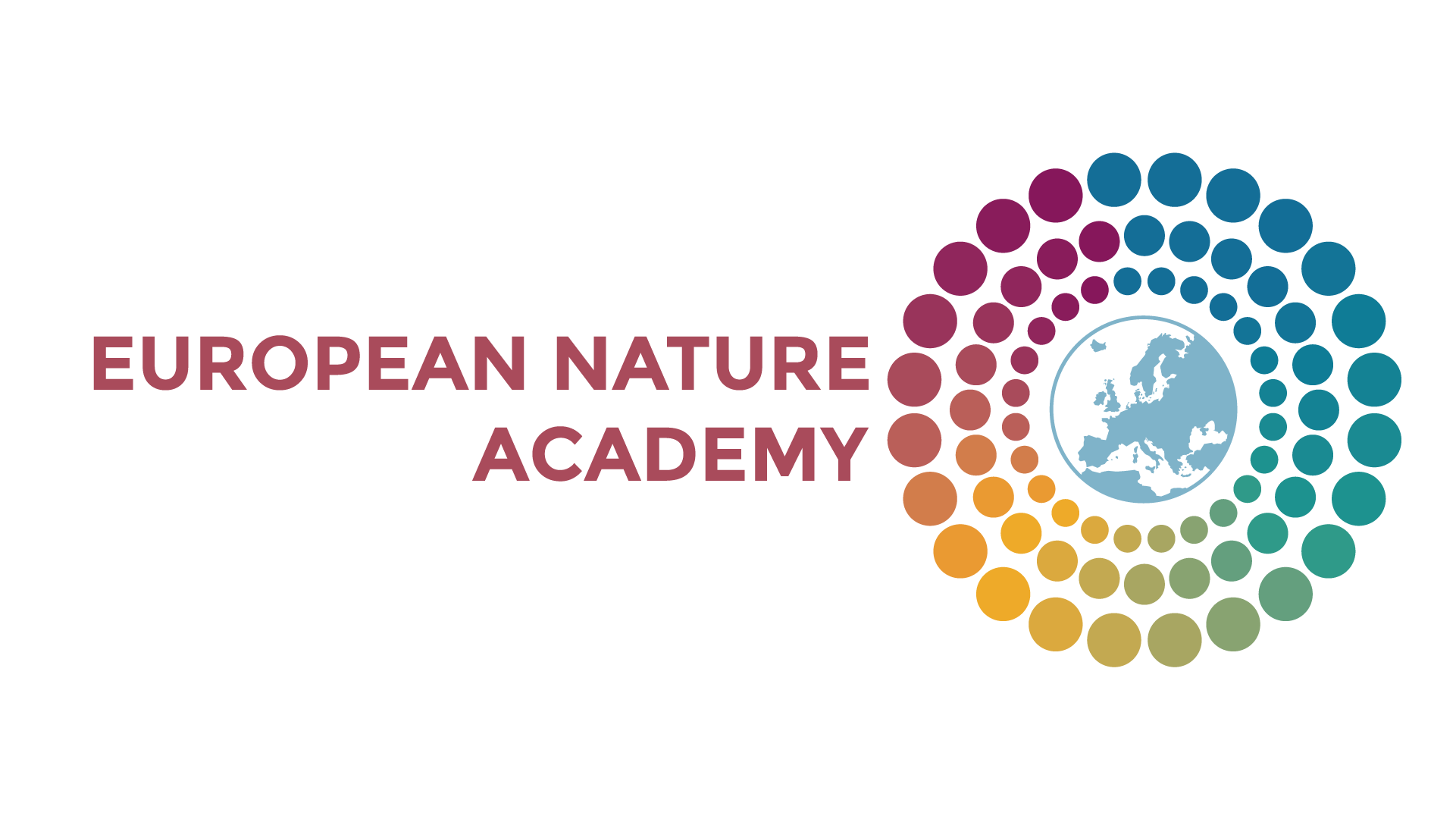Module 01
What is SOCIAT?
Why use the survey?
Module 02
How to gather the data for a social impact assessment?
Module 03
How to examine the responses of a social impact assessment?
Module 04
How to use the results to inform decision-making?
Nikoleta Jones
Professor Nikoleta Jones is a sociologist, with research centered on integrating social dimensions into contemporary discussions surrounding environmental policies, particularly in biodiversity conservation and climate change. Her expertise lies in the application of mixed methods, with a focus on developing behavioural predictive models that incorporate both spatial and temporal elements. She led the development of SOCIAT.

